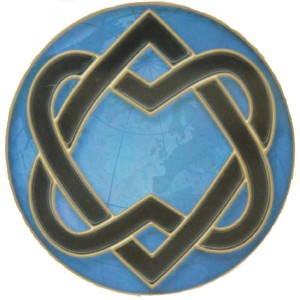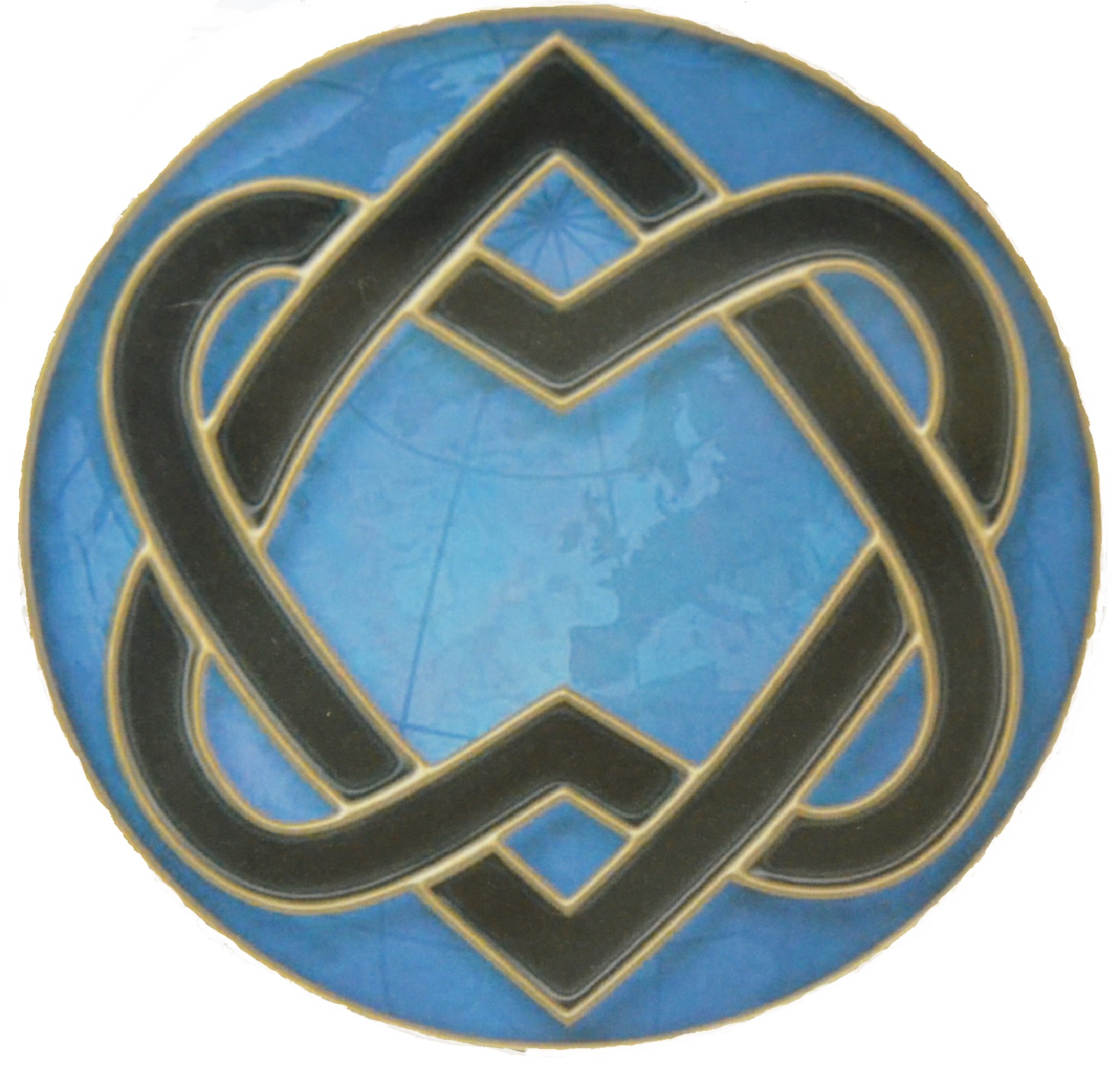Episodes

Monday Oct 31, 2016
Adam's, not Eve's, Fault: The False Golden Age of Women Knowing Their Place
Monday Oct 31, 2016
Monday Oct 31, 2016
In a time when so many of us are under pressure -- working night and day, taking care of the generation under us and the generation above us, watching our debts rise and the prospects of our children fade-- of course the solutions offered by those eager to capitalize on our anxiety is to call for a return to some Golden Age where those ones supposedly to blame for our problems because they didn't keep to their station are fenced out, and we are once again on top. The problem with this is that often those Golden Ages never existed: they are a fabrication about the past by those who want power. One such Golden Age that is offered up as "Traditional Judaism" is the one where women stayed in the home, having babies, and didn't seek to compete for control of the public realm with men, one where they leave Torah study to others. When I was speaking about this recently, one congregant said, "Look, Rabbi, I support egalitarianism, that's why I'm a Conservative Jew, but I also am deeply respectful of the Orthodox who are preserving Judaism the way it was." Only problem? The limitations on women are not the Judaism that was, but come from a modern reactionism that is recent. In the Shulkhan Arukh Code of Jewish Law (early 1500's), women read from the Torah. In the Talmud, women prayed our liturgy, and were not limited as they are in Ultra-Orthodoxy today to reading just Psalms. The earliest evidence for a separation mechitzah between men and women is found in the post-Talmudic medieval period in Muslim countries, adopting it from Islam. ["Traditional Judaism" should be understood as Biblical and Rabbinic Judaism, covering roughly 1200 BCE-1500 CE, not later emendations.] This "Golden Age" where "men and women knew their traditional Jewish roles" is a dangerous fiction, and dates mostly to the late Medieval period, and especially the 1800's, when laws and customs were ADDED [in violation of the Torah's rule that one may not add laws] in order to create these gender roles in a tradition that had been a champion of women's equality. In my sermon on Parashat Bereishit (Genesis), I compare the situation to the original blaming of women [especially in early Christian commentaries] for the world's problems --Eve being the weak link the Serpent tricks, and then she gives Adam to eat-- and instead locate the "sin" in Adam's adding an illegal fence around the tree to prevent her from touching it, a rule God never gave but meant, apparently, for her own good. The coincidence this week was divine: a photograph of our Simchat Torah celebration, with a woman carrying the Torah scroll, was met with a comment from an Orthodox woman that "the rabbi of your congregation should know that a woman is forbidden from touching a Torah scroll!" Really? That's news to our legal codes:
"All who are impure, even women who are menstruating, and even a non-Jew, may hold a Torah scroll and read from it, for words of Torah are not susceptible to impurity, provided that the holder's hands are not physically soiled or dirty. [If they are, then] they must wash their hands and then they may touch it." Laws of Torah Scrolls, 10:8, R. Moses Maimonides (c. 1180)


No comments yet. Be the first to say something!